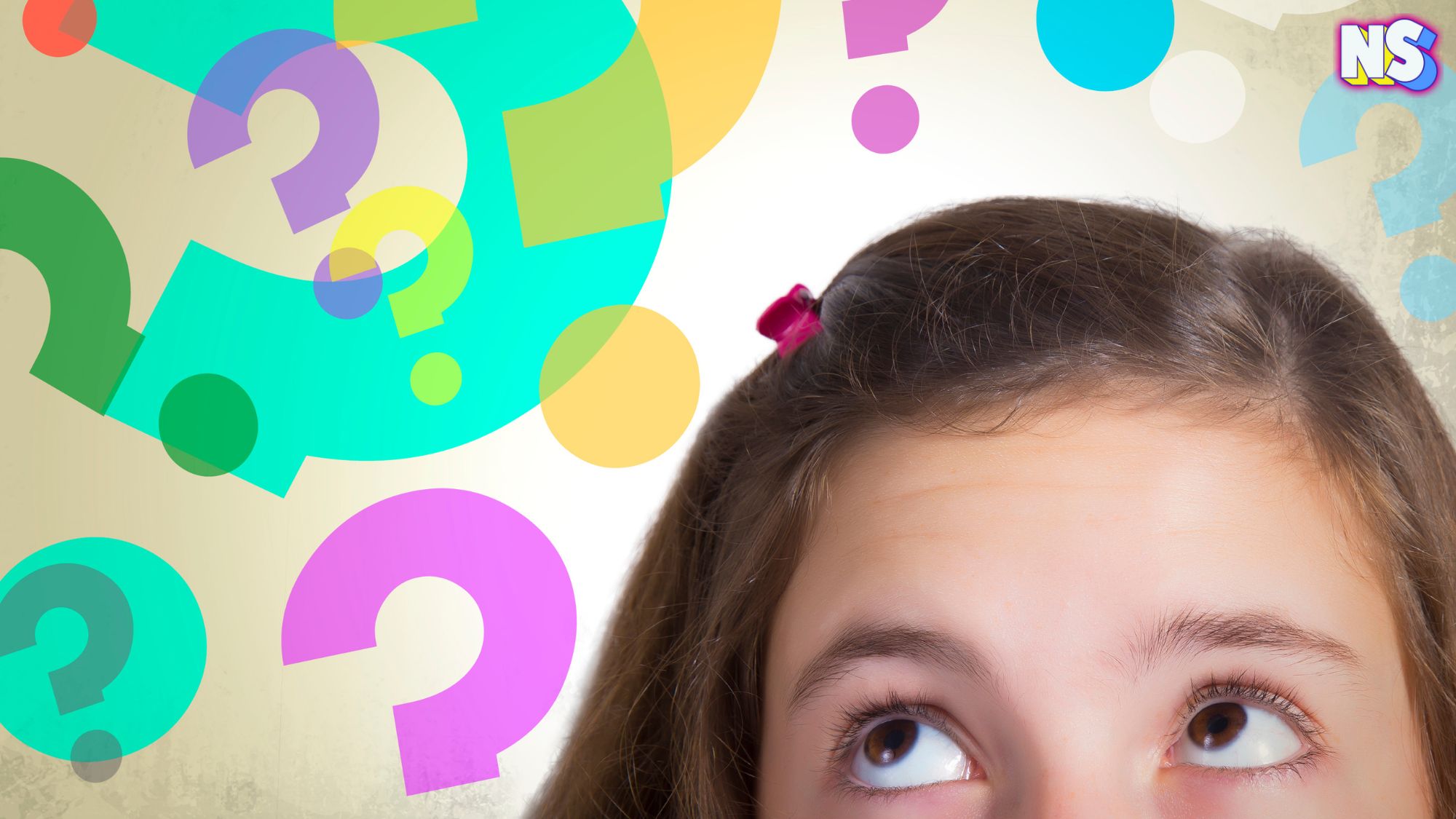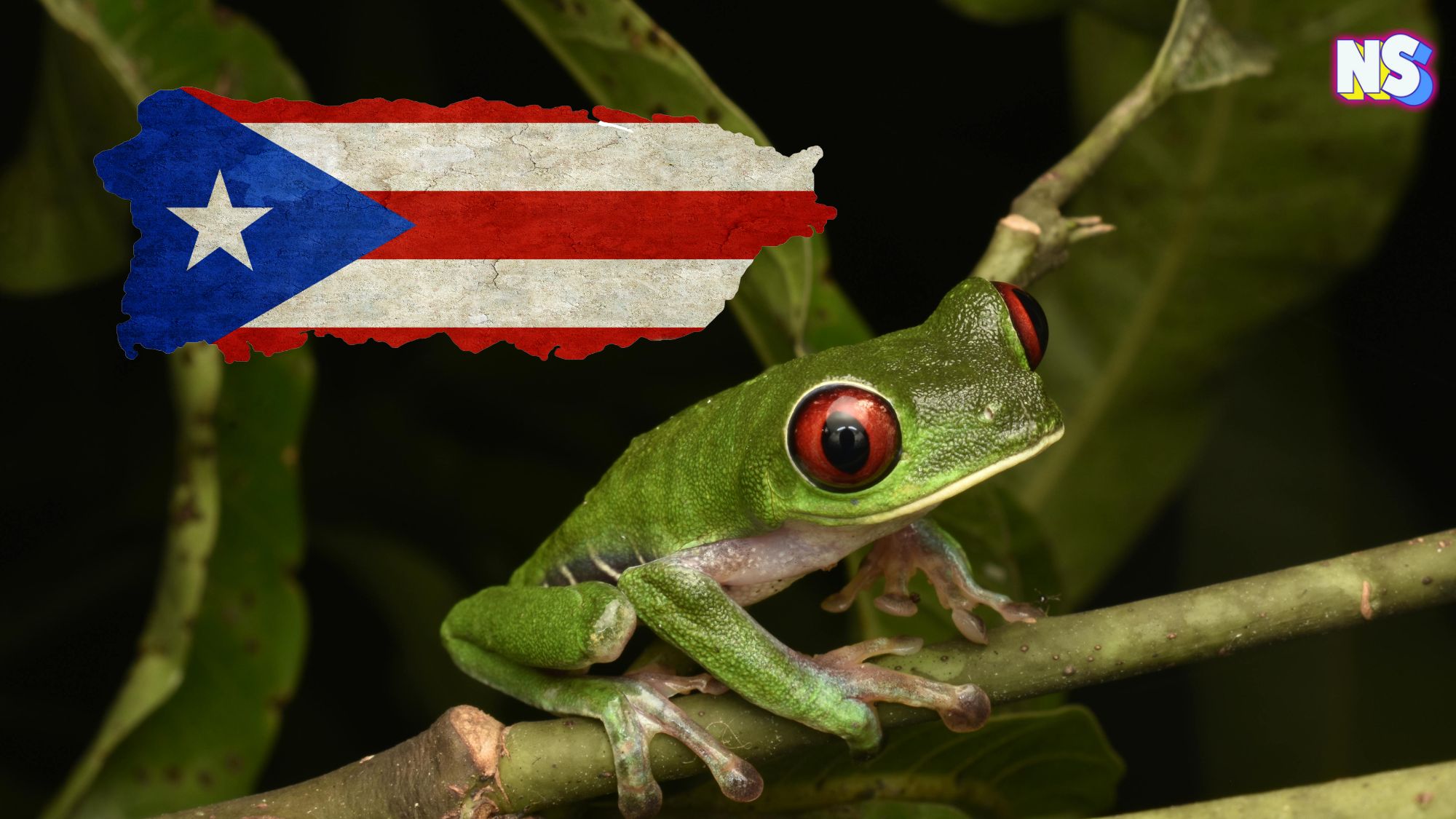Lately, the term “Yo No Sabo” kid, often abbreviated as “No Sabo Kid,” has undergone an unexpected transformation. What was once used as a put-down aimed at young Latinos who lacked fluency in Spanish has now become an online cultural phenomenon. Millions are uniting under the term representing a shared identity of not knowing Spanish. And many say it’s the start of a “Yo Sabo Kid” rebellion. They’re not Spanish speakers; they’re heritage speakers. And they want the world to know.
“For example, about 70% of Latinos in the U.S. use Spanish at home! Some of these heritage speakers have branded themselves as ‘No Sabo’ kids, reclaiming what used to be an insult. … The name is based on the Spanish expression No sé (I don’t know),” the language site Duolingo explains.
Welcome to the rise, and rebellion, of the “Yo Sabo” kids.
The Rise of the ‘Yo Sabo Kid’
“The term ‘No Sabo Kid’ is still used pejoratively to refer to children raised in the U.S. who have Latino parents but are unable to speak Spanish themselves,” The Latin Times writes.
The exact origin of the phrase “No Sabo Kid” isn’t crystal clear, but it’s gained popularity over the past two decades. It emerged from interactions between U.S.-born Latinos and their Spanish-speaking counterparts, in cities across the United States. For example, imagine a Mexican American or Puerto Rican kid from New York responding with a casual “no sabo” (incorrectly conjugated for “I don’t know” in Spanish) when asked a question in Spanish. Voila! The kid is a “Yo No Sabo.”
It’s an easy mistake to make. It all stems from the irregular conjugation pattern of the verb “saber” (to know) in Spanish. While most forms follow the pattern “sab-” (e.g., “él sabe,” “tú sabes,” “ellos saben”), the first person singular is an exception: “yo sé” (“I know”). Hence, the frequent occurrence of this error.
“The term targets Americanized, English-dominant Latinos, young or old,” The Mercury News writes. “It’s as if the Spanish speakers are accusing them of abandoning their culture by assimilating totally into a dominant American environment. The phrase carries a comedic undertone because ‘no sabo’ is ungrammatical.”
The ‘Yo Sabo Kid’ Rebellion
In recent years, social media platforms like TikTok and Instagram have become the playground for the linguistic “Yo Sabo Kid” rebellion. Millions of videos have emerged, showcasing playful games, common language mistakes, and the efforts of Latino parents to teach their children Spanish.
The hashtag #NoSaboKid has over 494.7 million views, uniting a community of individuals who proudly identify as “No Sabo Kids.” Thanks to social media, the journey of “Yo No Sabo” kids has gone from linguistic missteps to cultural pride.
In an interview with NPR, Bilingual Speech Language Pathologist Lucia Lainez, she explains the new mindset, citing that “being bilingual does not equate to being bicultural.”
And Refinery29 Writer Jacqueline Delgadillo tells NPR: “I think that there is just so much shame around being a no sabo kid that to redefine it just means accepting where you’re at and accepting, you know, how fluent you are in Spanish and letting go of that shame and not letting someone else decide for you how Latina you are or how much you can claim your culture.”
For these reasons, the “Yo Sabo Kid” has gone from an insult to a badge of honor. They’re telling the world that personal identity is about more than a language proficiency. It’s about embracing, and sabo-ing who you are. ¿Tu sabes?
Featured photo by Deposit Photos.





